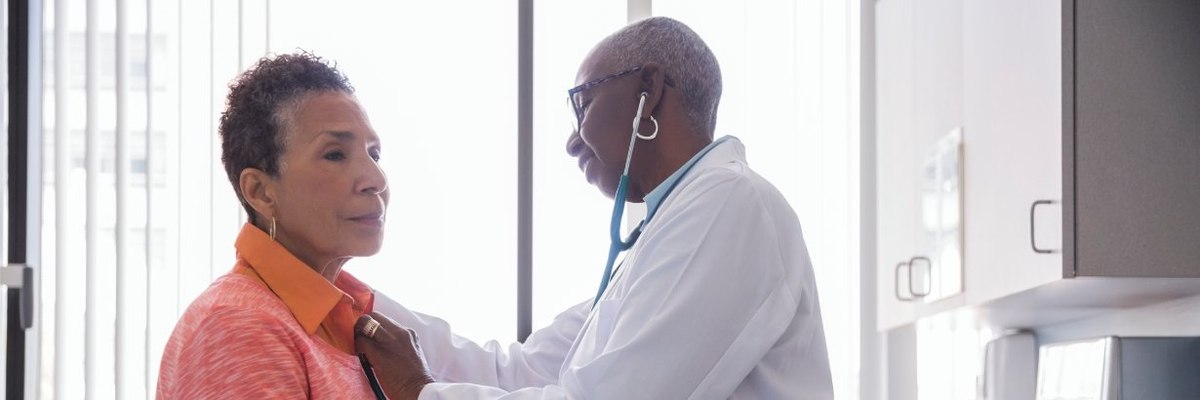One in nine confident they would be able to make a same-day appointment with their doctor
In September 2022, the then health secretary Therese Coffey unveiled a policy paper setting out a range of expectations which included patients having to wait no longer than two weeks for an appointment with their GP. The ‘Our Plan for Patients’ paper also stated that patients with urgent needs should be seen on the same day.
But how many Britons expect to see their GP within that two-week timeframe? A new YouGov survey reveals that two-thirds of the British public (68%) think they would be able to see a doctor within a fortnight of booking their appointment. One in nine (11%) believe they will have to wait between three to four weeks and a further 6% don’t expect to see their doctor for at least a month after booking an appointment.
Almost half of Britons (48%) believe they’ll see their GP within a week, with just one in nine (11%) confident they’ll get a same-day appointment.
But seeing their GP doesn’t necessarily mean seeing them in person. The number of face-to-face GP appointments halved in April 2020, shortly after the country was thrown into lockdown. Two-and-a-half years later, the majority of Britons (57%) still don’t expect to see their GP in the flesh.
What would Britons do if they can’t get a GP appointment at the first time of trying?
The latest NHS figures show that there are currently 1,849 fewer fully qualified GPs than there were seven years ago and, as of August 2022, there were 317 fewer practices than immediately before the Covid pandemic in the UK. With healthcare stretched, what alternatives do the British public seek when no appointment is available to them at the first time of trying?
If unsuccessful in their first ‘8am scramble’ to book an appointment, 46% of Britons would simply wait and try again later. A further 9% would opt to attend a walk-in centre with the same percentage calling 111 for advice, while 7% would instead seek advice from a pharmacy.
A smaller proportion (3%) would attend A&E if unable to get a doctor’s appointment and 2% would pay to go private.
However, rather than seeking medical advice elsewhere, 14% of the British public would ignore the problem and hope it goes away. This attitude is more prevalent in the younger generation with one in five 18-24 year-olds (21%) willing to ignore the issue compared to just 7% of those aged 65 and over. Older Britons are more likely than their youngest peers to either call 111 (12% compared to 6% of 18-24 year-olds) or visit a pharmacy (12% compared to 3% of those aged 18-24).
Photo: Getty










